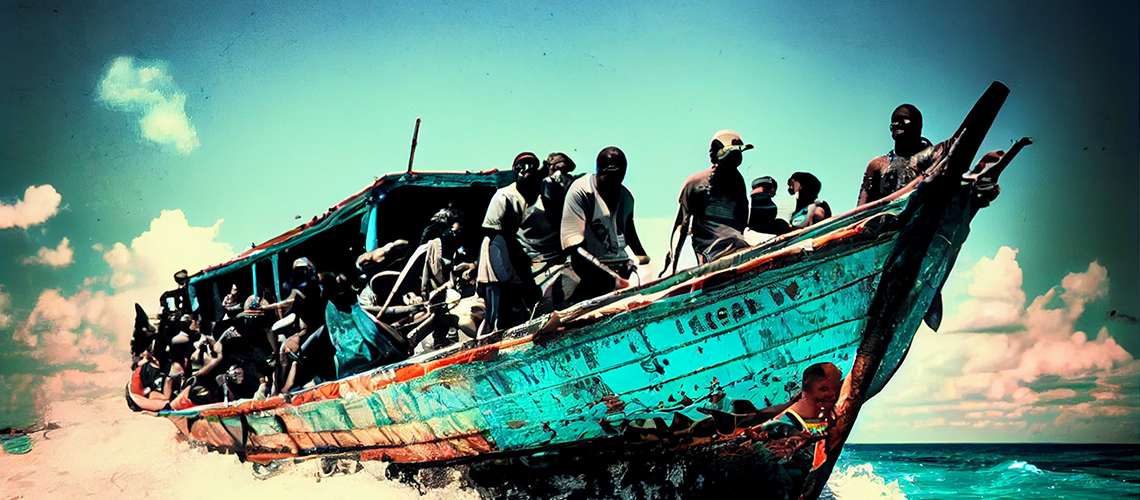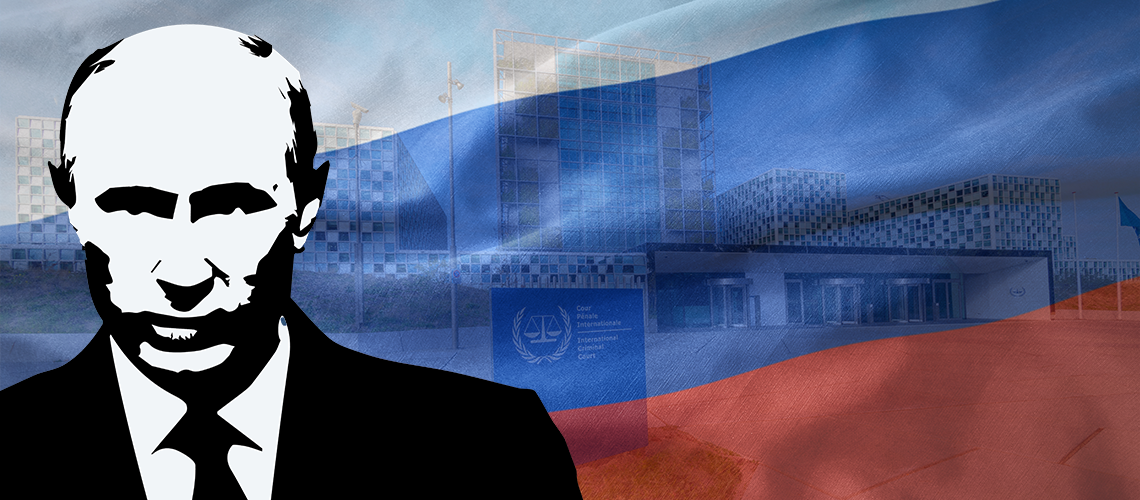Migration: UK and ECtHR square off over controversial Rwanda scheme
Yola VerbruggenTuesday 4 April 2023

In early March, the UK government introduced the Illegal Immigration Bill to parliament – draft legislation designed to complement its controversial plan to send asylum seekers to Rwanda. The bill would see anyone arriving by small boat in the UK arrested and deported to a ‘safe’ third country, including Rwanda.
However, according to the UN Refugee Agency (UNHCR), the policy would ‘amount to an asylum ban – extinguishing the right to seek refugee protection’. The UK government has also battled the European Court of Human Rights (ECtHR) over the plan, with the Court intervening in June 2022 to halt the first flight to Rwanda at the last minute, with the plane sitting on the runway, ready for take-off. Ever since, the UK government has attempted to get the scheme back up and running.
‘The UK government takes a very formalistic and hyper legalistic approach to interpreting the [UN] Refugee Convention, where it’s interpreted almost like it’s a contract’, says Colin Yeo, a barrister specialising in immigration law at Garden Court Chambers in London. ‘The Convention doesn’t require states to determine refugee status within any particular time frame, it doesn’t even require states to determine refugee status. It’s implicit. It’s obvious that it requires people to do that, but it doesn’t say so anywhere.’
I can’t see that the ECtHR would give the UK some form of opt out from [Rule 39 and other] provisions, because they’re precisely to avoid these sorts of opt-outs and problems
Nicholas Rollason
Chair, IBA Immigration and Nationality Law Committee
The UK Home Office maintains that the draft legislation is ‘within the bounds of international law’ and ‘compatible with the Refugee Convention’.
The Rwanda scheme is supposed to serve as a deterrent but critics have questioned whether, without addressing the reasons why people continue to flee, this will indeed be the case. While the prospect of being sent to Rwanda might be a deterrent for some, it might lead to people arriving in a clandestine way instead, says Yeo. ‘What we might see is people trying to get all the way across the channel without being rescued, without being detected, and to enter the country very quietly without ever claiming asylum,’ he says.
Since the grounding of the first Rwanda flight, UK Prime Minister Rishi Sunak has threatened to leave the European Convention on Human Rights. UK Home Secretary Suella Braverman, on a recent trip to Rwanda, claimed that the government had been in discussions with the ECtHR regarding changes to the use of Rule 39 of its Rules of Court, which had made it possible to halt the flight. ‘Rule 39 is a fundamental part of the system of protection. It allows the Court to intervene in urgent cases where there’s an imminent risk of what they call irreparable damage’, explains Nicholas Rollason, Chair of the IBA Immigration and Nationality Law Committee and Head of Immigration at Kingsley Napley in London. ‘I can’t see that the Court would give the UK some form of opt out from those provisions, because they’re precisely to avoid these sorts of opt-outs and problems.’
The ECtHR issued a statement in response to Braverman’s claims, in which it said that ‘Since last November, reflections are ongoing in relation to the procedures for dealing with interim measures. This internal review is unrelated to any individual case or the position on interim measures of any one of the 46 member states.’
The government’s claim is all part of a political game, according to Rollason. ‘It’s a way of pointing a finger to a supranational convention or institution so that you can say: we’ve tried to change it, modernise it, but unfortunately, the institution and the convention and the council were not willing to meet our reasonable demands. And that is why we’re now looking to exit the Convention’, says Rollason.
Some observers believe the government’s criticism of the Court is part of the ‘taking back control’ narrative associated with Brexit. The government, says Rollason, are concerned they’re not seen to have taken control of this situation, which they promised to do after and during the Brexit referendum. ‘That narrative is expanding into legal sovereignty and what the roles of the Council of Europe and the Convention are in the UK. Why should an international convention be stopping the UK government from doing what it wants to do?’ says Rollason.
As an additional measure to halt small boat arrivals, a group of MPs proposed an amendment to the Illegal Immigration Bill, which would have seen the creation of more legal routes to the UK for refugees. This amendment has since been withdrawn. While access to safe and legal routes is important, Yeo says it’s questionable whether this should be touted as a solution. ‘The kinds of people who would benefit from any kind of safe and legal routes that the government is likely to set up aren’t necessarily the same kind of people who are reaching northern France and trying to cross in small boats or lorries’, he says. Realistically, adds Yeo, expanding safe and legal routes is unlikely to diminish the demand for unlawful entry.
According to a Home Office spokesperson, the creating of more safe routes will happen only after the ‘rise in illegal migration’ has been stopped. ‘The asylum system is being reformed at the same time. Shorter interviews, simpler guidance and more decision makers will help clear the asylum backlog by the end of the year,’ the spokesperson adds.
Although the government is determined to restart the flights to Rwanda as soon as possible, litigation is ongoing for some of the asylum seekers that were present on that first, grounded flight. ‘The UK High Court ruled that the government did not consider the individual circumstances of those asylum seekers and migrants it attempted to deport in its initial flight and must do so to avoid future legal challenges’, says Matthew Wills, an associate partner at Laura Devine Immigration in London. ‘As permission to appeal was recently granted, litigation shall remain ongoing for the foreseeable future.’
Image credit: PaulShlykov/AdobeStock.com

